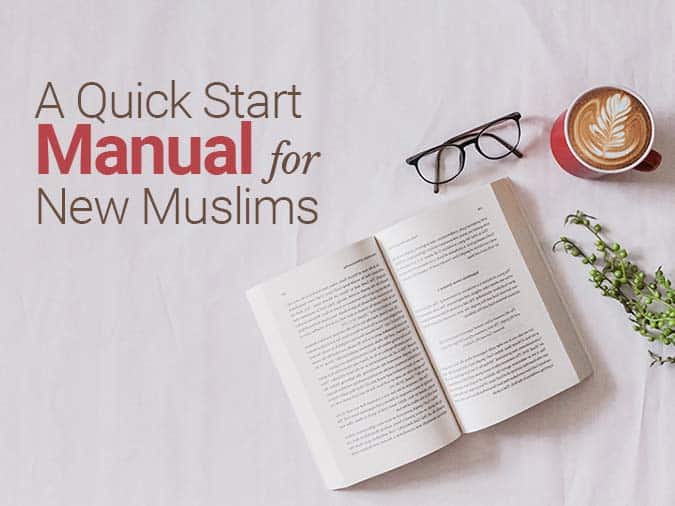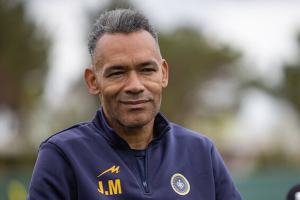According to rahyafteha(the missionaries and converts website):Tawheed: The belief in the oneness of Allah (God) is the core principle of Islam. Muslims believe in the absolute oneness of God and that He has no partners or associates.
Prophethood: Muslims believe in all the prophets and messengers sent by Allah, including Adam, Noah, Abraham, Moses, and Jesus, with Muhammad being the final prophet.
Quran: The Quran is the holy book of Islam, believed to be the literal word of God as revealed to the Prophet Muhammad. It serves as a guide for all aspects of life.
Salah: Salah is the ritual prayer performed by Muslims five times a day. It is a direct link between the worshiper and Allah and serves as a constant reminder of one’s faith.
Zakat: Zakat is the obligation to give a portion of one’s wealth to those in need. It is considered a form of charity and a means of purifying one’s wealth.
Fasting (Sawm): During the month of Ramadan, Muslims fast from dawn to sunset. Fasting is a spiritual practice that helps develop self-discipline and empathy for the less fortunate.
Hajj: Hajj is the pilgrimage to the holy city of Mecca, which every Muslim who is physically and financially able must undertake at least once in their lifetime.
Akhlaq (Morality and Ethics): Islam places a strong emphasis on good moral character, honesty, kindness, and compassion towards others.
Respect for Parents: Muslims are taught to respect and honor their parents and to be dutiful and caring towards them.

Brotherhood and Sisterhood: Muslims consider themselves part of a global brotherhood and sisterhood. There is a sense of unity and solidarity among Muslims worldwide.
Modesty: Modesty in dress and behavior is encouraged in Islam. Muslims are expected to dress modestly and maintain good conduct.
Community and Mosque: Active participation in the local Muslim community and attending the mosque for prayers and gatherings is important for spiritual growth.
Seeking Knowledge: Islam encourages the pursuit of knowledge. Muslims are encouraged to seek both religious and secular education.
Dawah (Inviting to Islam): Sharing the message of Islam with others in a peaceful and respectful manner is considered a virtuous act.
Tolerance and Respect: Muslims are taught to be tolerant and respectful towards people of other faiths and beliefs.
These are some of the fundamental concepts and practices in Islam that new Muslims should be aware of as they embark on their journey in the faith.



















